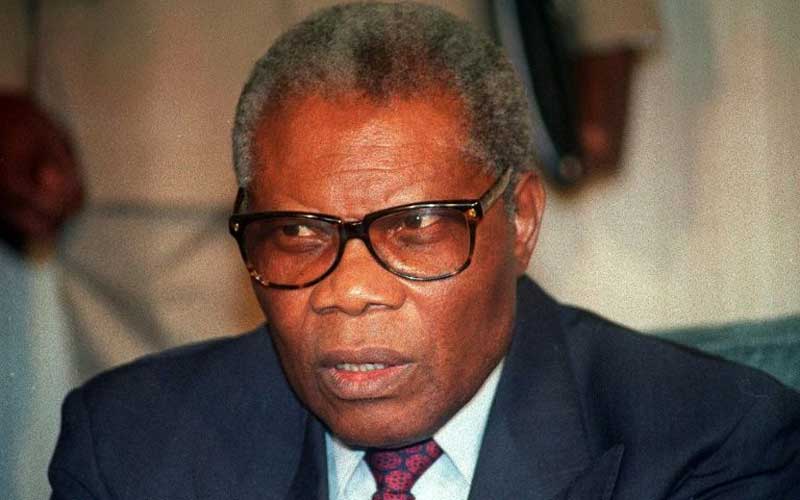×
The Standard e-Paper
Join Thousands Daily

Former Congolese president Pascal Lissouba (pictured), who in 1992 won his country's first multi-party presidential elections, died in France on Monday at the age of 88, his party told AFP.